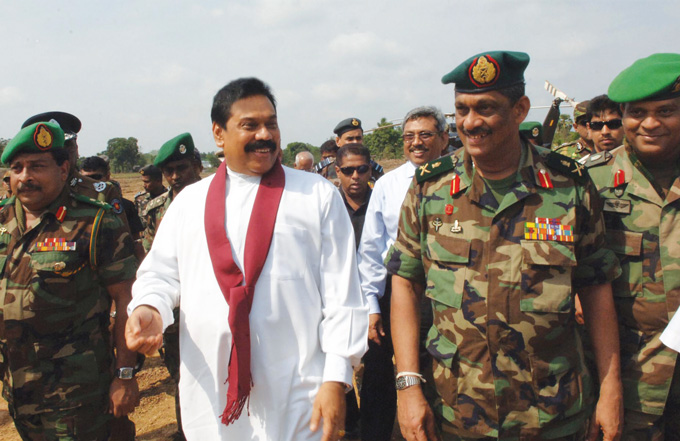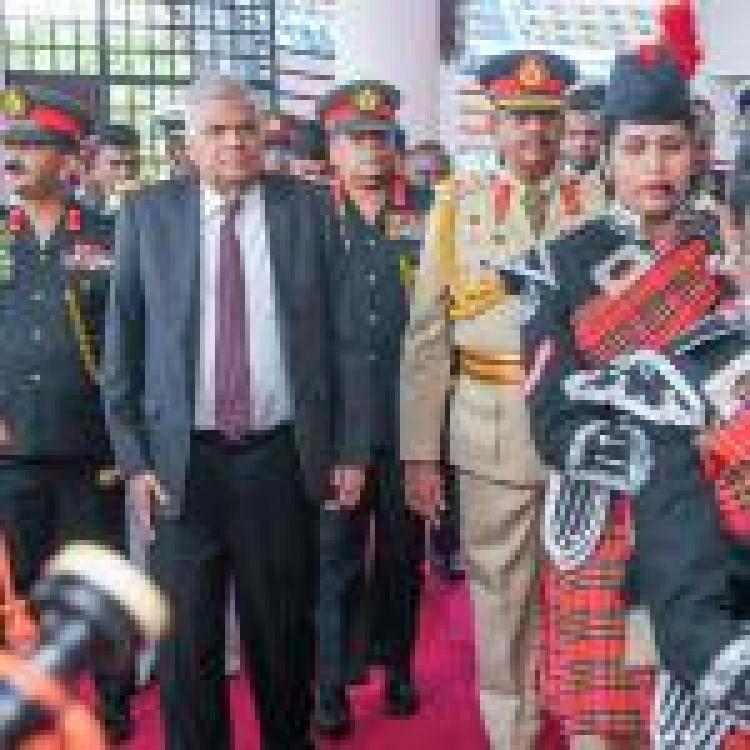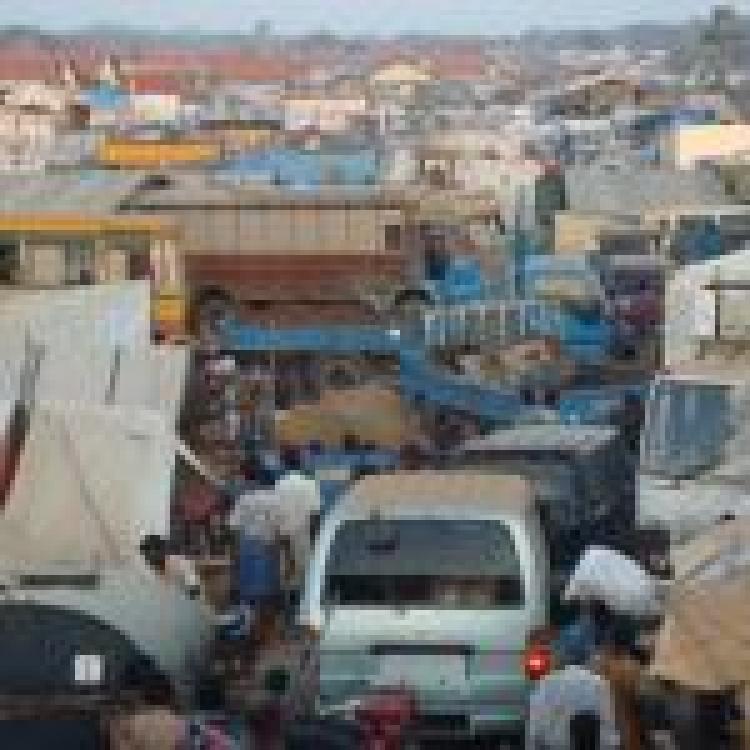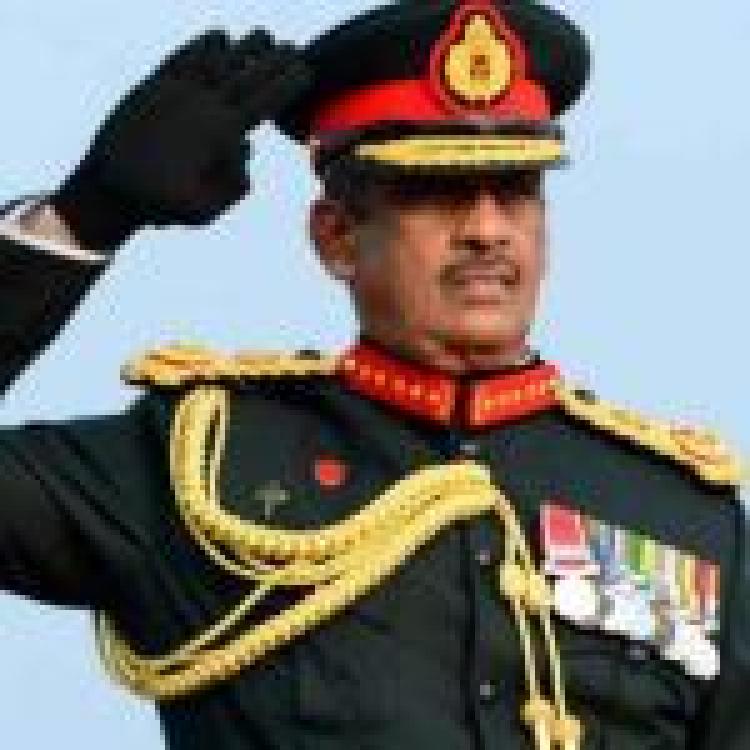
Former Sri Lankan army commander Sarath Fonseka claimed that allegations of war crimes and the number of casualties from the final phase of the armed conflict are grossly exaggerated, ahead of elections later this year.
Fonseka has split from the Opposition party Samagi Jana Balawegaya (SJB) and is tipped to make his own presidential bid later this month, according to sources.
Speaking at a recent event, he dismissed allegations of war crimes adding that the figures are exaggerated.
“If 40,000 civilians were killed, where are their human remains and skeletons,” he asked. He went on to claim that more than 200,000 people survived the war due to his efforts to evacuate them to safety.
“First, I rescued 150,000 people from Vellamullivailkal on May 19, 2009, and then I rescued 85,000 people a week before the end of the war,” he said. He added that the Sri Lankan army used heavy artillery and ammunition during the war in a ‘controlled manner’, particularly during the last five months of the armed conflict.
He added that he lost 2,000 soldiers in four months in 2009, the same number of soldiers he had lost in either year in 2008. “They were besieged in a small area and we could have finished them within a month if we had attacked everyone including civilians indiscriminately. But we did not do that, we carried out controlled attacks.”
He went on to say that statistics on casualties are exaggerated and so are allegations of war crimes. “If these allegations are true, you should be able to see human burials anywhere you go in that area, but that is not the case.”
Fonseka served as Sri Lanka’s army commander during the final years of the armed conflict, from 2005 to 2009, which oversaw a litany of war crimes, including the indiscriminate shelling of hospitals, mass executions, and sexual violence. During the final months alone as many as 169,796 people were killed or disappeared. The crimes during that period are being increasingly recognised as a genocide.
During and in the immediate aftermath of the armed conflict, the Sri Lankan military denied access to many outside observers.



